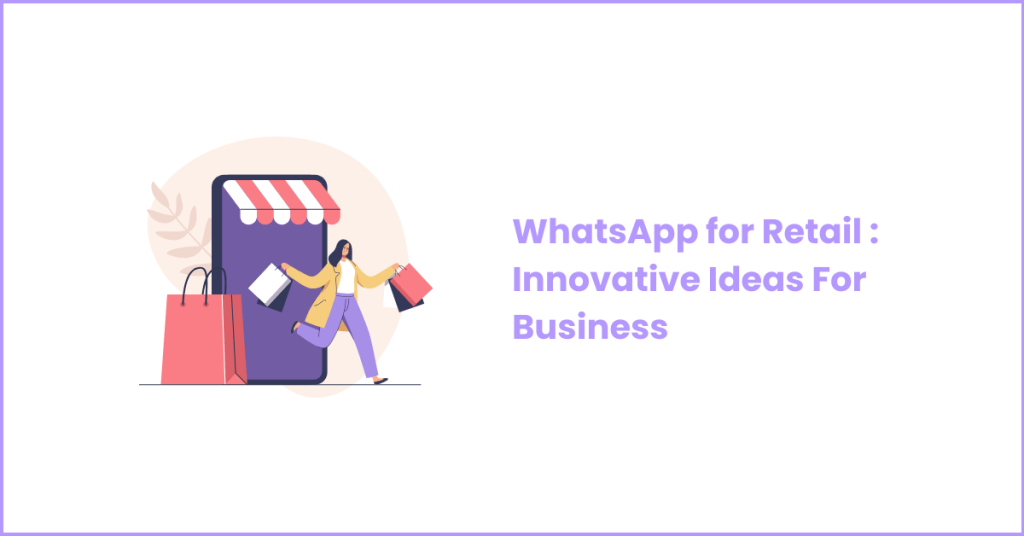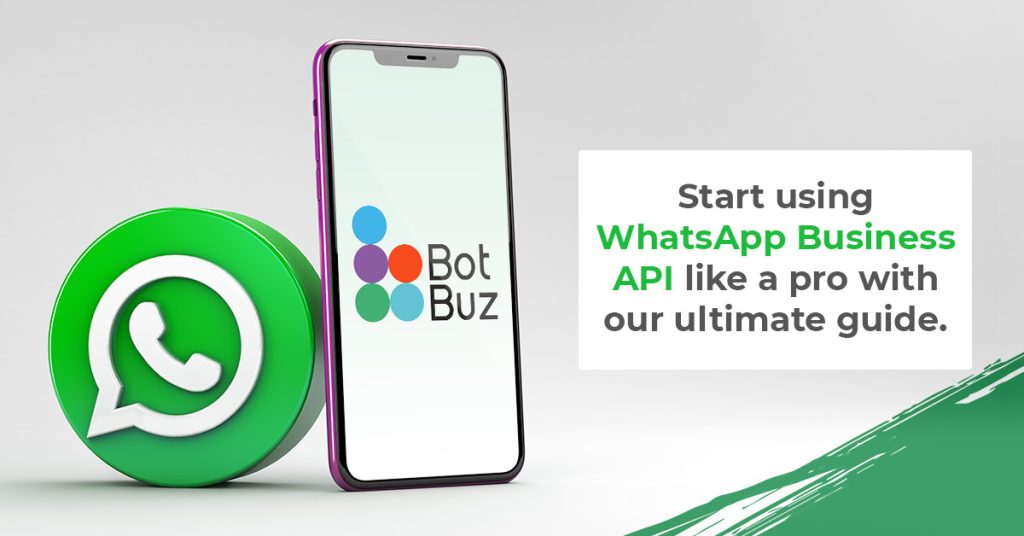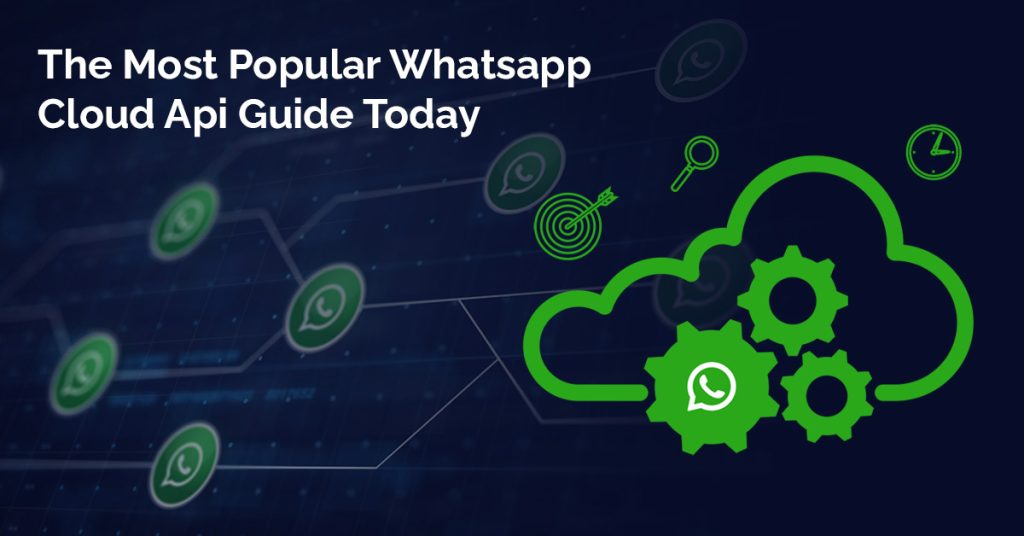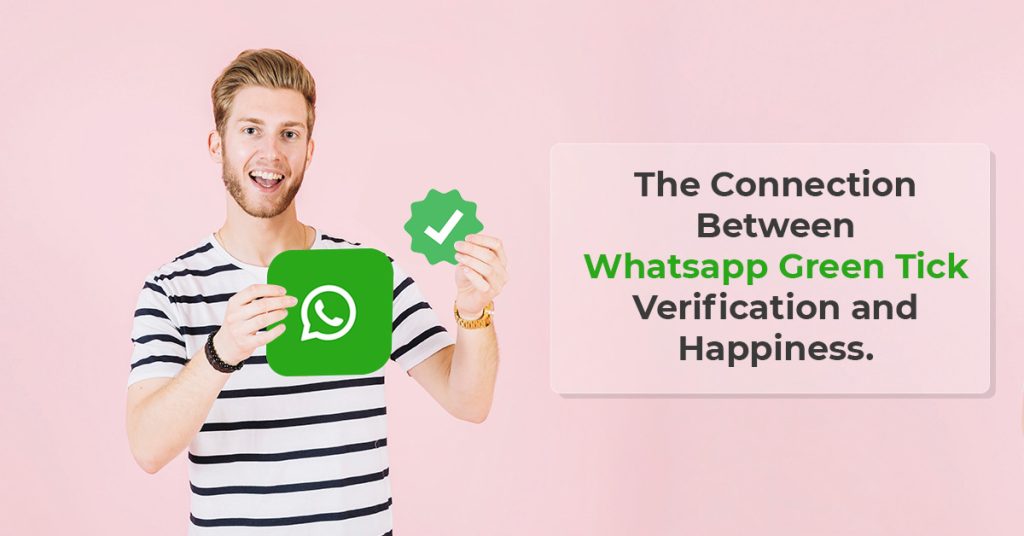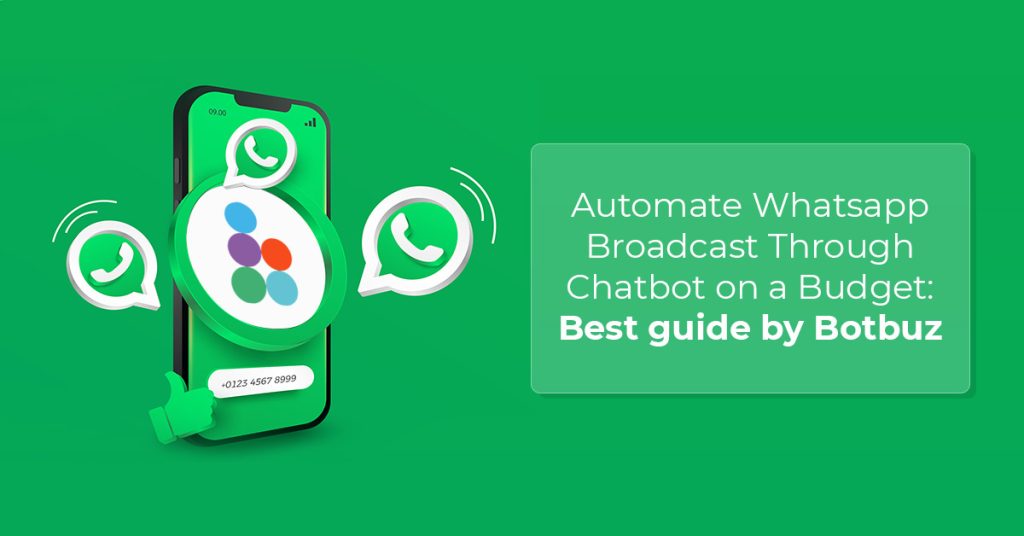Importance of WhatsApp in Global Retail :
WhatsApp has become a crucial tool for retail. It moves beyond personal chat to a key business platform. This is driven by consumer demand for direct, convenient communication with brands. For retailers, using WhatsApp is a necessity due to its high engagement rates. It has the ability to handle the entire customer journey in one chat. It helps solve issues like abandoned carts and low repeat sales.
The app is revolutionizing retail by enabling new ways to market & sell. It provides customer service, with features like “Click-to-WhatsApp” ads and automated support. To grow, businesses should use strategies like automated funnels, interactive catalogs & targeted promotions on WhatsApp. It helps to create a seamless, personalized customer experience.
Why Do Retailers Need WhatsApp?
Retailers are increasingly using WhatsApp to connect with customers. This is because the platform allows for direct & real-time engagement. It helps businesses provide immediate support and build stronger relationships.
WhatsApp is also ideal for creating personalized shopping experiences. Businesses can send tailored product recommendations and exclusive offers directly to customers. Thus, making them feel valued.
Additionally, the platform is a cost-effective communication tool. It allows businesses to send a high volume of messages at a lower cost than other channels, improving marketing efficiency. Ultimately it offers instant and personalized service through WhatsApp. Thus, retailers can gain a significant competitive advantage in the market.
How to Use WhatsApp for Retail Marketing and Sales :
Retailers can use WhatsApp to boost marketing and sales in several ways. They can send personalized promotions and discounts directly to customers. It makes offers feel exclusive. The platform’s product catalog feature acts as a mobile storefront. It allows customers to browse and order items easily within the chat.
Businesses can also drive sales through conversational commerce. It guides the entire buying process from discovery to payment within a single conversation. Finally, retailers can run targeted broadcast campaigns using the WhatsApp Business API. It helps to send relevant promotional messages to a large, segmented audience, increasing sales & engagement.
Key Features of WhatsApp Business for Retail :
WhatsApp Business offers retailers key features to improve operations. The App is for small businesses, while the API is a more robust solution for larger companies. Retailers can create a mobile storefront using product catalogs with a shopping cart feature.
They can save time with automated replies and quick responses for common questions. Labels allow for simple customer segmentation, which is more advanced with the API. Finally, both tools provide analytics to track performance. The API offers more in-depth data for strategic decisions.
Top Use Cases of WhatsApp for Retail Businesses :
1. Lead Nurturing
Lead nurturing on WhatsApp is about turning prospects into customers. It builds relationships through personalized, ongoing communication. Once a potential customer initiates a chat—for instance, by clicking a “Click-to-WhatsApp” ad—the retailer can begin a nurturing sequence. This involves sending timely and relevant messages. It addresses the prospect’s needs and questions.
Retailers can use pre-written templates and automated sequences. It helps to guide a prospect through their decision-making process. For example, a furniture store could send follow-up messages showcasing different product options & customer testimonials. Also it provides special offers to encourage a purchase. This direct & personal approach keeps the brand top-of-mind & helps convert interest into a sale.
2. Lead Generation
WhatsApp has become a powerful channel for generating new leads. A common & highly effective method is using Click-to-WhatsApp ads on social media platforms. It includes Facebook and Instagram. These ads feature a call-to-action button that sends users directly to a pre-filled chat with the business. Thus, making it easy for them to start a conversation.
Retailers can also integrate a WhatsApp chat widget on their website. It allows visitors to instantly connect with a sales representative. Additionally, QR codes can be used on print marketing materials or in physical stores. It helps to bridge the gap between offline and online engagement. Thus, encouraging people to initiate a chat with a quick scan.
3. Customer Support
WhatsApp is a game-changer for retail customer support. It provides instant, 24/7 assistance. By using automated chatbots, businesses can handle a large volume of common inquiries without human intervention. The chatbot can be programmed to answer frequently asked questions (FAQs) about store hours, return policies, and product information.
A critical use case is automated order tracking, where customers can simply send their order number. The chatbot will provide a real-time update on its status. This reduces the workload on customer service teams. It also reduces customer wait times, leading to higher satisfaction.
4. Retargeting
Retargeting is a highly effective way to recover lost sales. WhatsApp’s direct nature makes it the perfect channel for this. The most common use case is re-engaging abandoned cart users. When a customer leaves items in their shopping cart without checking out, a retailer can send a gentle, personalized reminder on WhatsApp.
This message can include an image of the forgotten product, a direct link back to their cart. Also a small incentive like free shipping or a limited-time discount. These messages are highly effective because they are timely and personal. Thus, addressing the customer at the point of high interest.
5. Customer Retention
WhatsApp is invaluable for building long-term customer relationships and encouraging repeat business. Retailers can use the platform to run loyalty programs. It sends exclusive offers and rewards to a curated group of loyal customers. After a purchase, businesses can provide post-purchase support. It sends useful tips, product care instructions, and tutorials.
Collecting feedback is also a key use case. A business can send a quick, automated message asking a customer to rate their recent experience. It consistently engages with customers, addresses their needs, and rewards their loyalty. Thus, retailers can increase customer lifetime value.
WhatsApp as a Multichannel Retail Tool :
WhatsApp acts as a powerful multichannel tool for retailers. It integrates with social media, websites, and physical stores. This allows brands to create a unified and seamless shopping experience for customers as they move between different channels. By centralizing all customer interactions on one platform, retailers can strengthen their omnichannel presence. Thus, providing more personalized service, and gaining a competitive advantage in the market.
Drive Holistic Growth with WhatsApp for Retail Using Botbuz :
Botbuz provides a solution for retailers to use WhatsApp for holistic growth. It helps businesses scale by using the WhatsApp Business API for high-volume communication and automation. The platform uses AI to personalize the customer journey with tailored recommendations. It automates key processes like lead nurturing, customer support, and retention. By centralizing conversations from all channels, Botbuz helps retailers create a seamless, omnichannel experience for their customers.
Conclusion :
WhatsApp is crucial for the future of retail. It transforms customer interaction from a transaction into a personal conversation. A service like Botbuz enables this by allowing retailers to use the WhatsApp Business API for scaling. It automates key functions like support and nurturing, and personalizing the customer journey. Ultimately, using a platform like Botbuz helps businesses master conversational commerce. Thus, providing a competitive edge and ushering in a new era of retail.
FAQs on WhatsApp for Retail :
- Can small retailers use WhatsApp for growth?
Yes, small retailers can use WhatsApp for growth. The free WhatsApp Business App is a great starting point. It allows them to create a business profile, showcase products in a catalog & communicate directly with customers. This personal approach helps them build strong relationships. It generates sales, and establishes a loyal customer base. - What’s the difference between WhatsApp Business App and API?
The key difference is scale. The WhatsApp Business App is a free tool for small businesses. It is designed for single-user management of a limited number of conversations. In contrast, the WhatsApp Business API is a paid, scalable solution for medium to large companies. It enables automation, allows multiple users to manage conversations. Thus, supporting large-scale marketing campaigns. - How secure is customer data on WhatsApp?
WhatsApp messages are protected by end-to-end encryption. It means only the sender and receiver can read them. However, once a business receives the message, it becomes responsible for securing that data. Therefore, retailers must use official platforms and follow data protection best practices. Thus, ensuring that all customer information is handled safely. - Can WhatsApp replace traditional retail communication channels?
No, WhatsApp is not a complete replacement for traditional channels. While it excels at real-time, personalized conversations and has high engagement rates. The channels like email and SMS still have important roles. The most effective strategy is to integrate WhatsApp into a multichannel approach, using it alongside other platforms to create a seamless and cohesive customer experience. - How much does WhatsApp Business cost for retailers?
The cost of WhatsApp for retailers varies. The WhatsApp Business App is free to download and use, making it ideal for small businesses. For medium to large retailers using the WhatsApp Business API, the cost is based on a per-message or per-conversation model.
Pricing is determined by the message category. For e.g., marketing, utility, or authentication and the recipient’s country. Businesses get a certain number of free messages each month. The conversations initiated by a customer are often free for a limited time. While business-initiated conversations incur a fee. - What are the rules for sending promotional messages on WhatsApp?
WhatsApp has strict rules for sending promotional messages. It helps to maintain a high-quality user experience. The most important rule is that a business must have a customer’s explicit opt-in consent before sending them a message.
This consent must be collected via a third-party channel like a website or email. All business-initiated messages, especially promotional ones, must use pre-approved message templates. This ensures that the content is not spammy, misleading, or in violation of WhatsApp’s policies. - How can retailers ensure a positive customer experience on WhatsApp?Retailers can ensure a positive customer experience. It focuses on personalization, efficiency, and clear communication. This includes using a friendly, human tone, offering quick and helpful responses. It is through automated replies and quick replies & using rich media like images and videos to make interactions more engaging.
It is also crucial to manage customer expectations by setting clear business hours. Thus, providing a seamless transition from an automated chatbot to a live human agent when needed.
